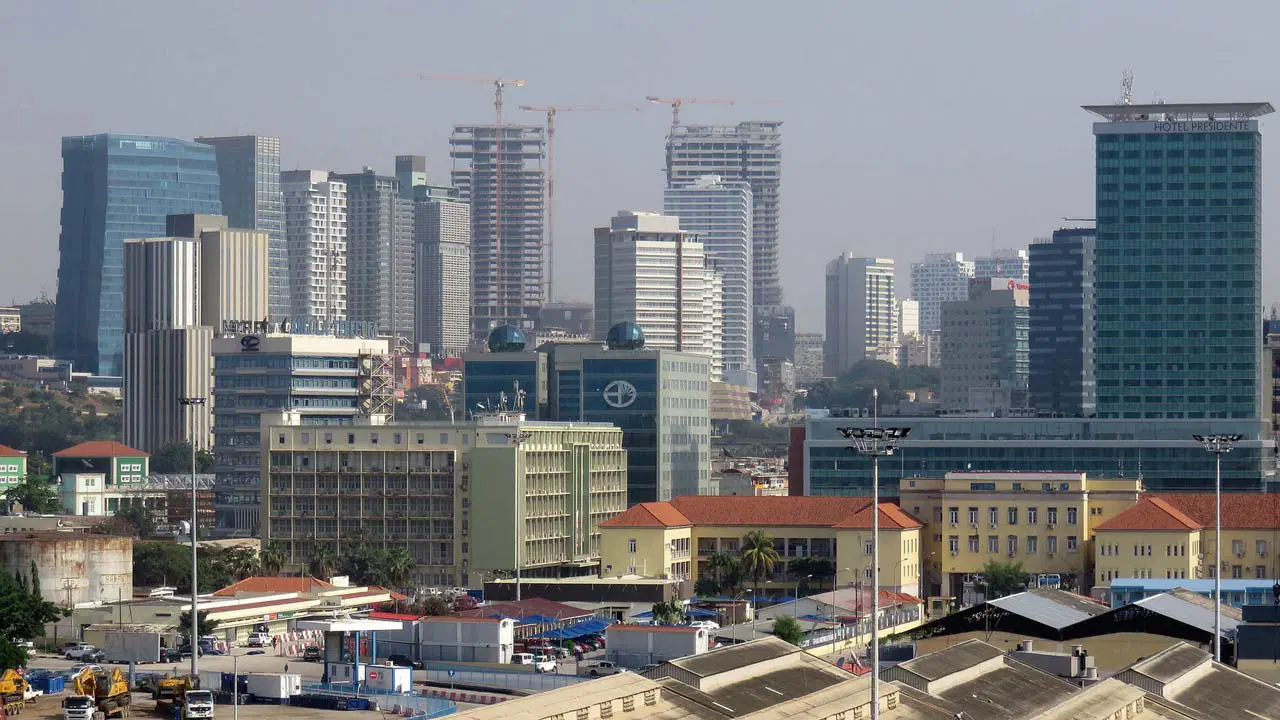The Federal Government has borrowed N17.36 trillion in the first 10 months of 2025 — far above the N10.9 trillion projected for that period in the Appropriation Act.
The approved borrowing for the entire year is N13.08 trillion, meaning the government has already exceeded the full-year limit.
Breakdown shows:
• N15.8 trillion from domestic sources (January–October)
• N1.56 trillion from external loans (H1 2025)
The government is also planning a $2.35 billion (N3.38 trillion) Eurobond issuance, pushing total borrowing to nearly N23 trillion — about 80% above budget projections.
Analysts Raise Red Flag
Experts warn that excessive borrowing:
• Crowds out private sector access to credit
• Keeps interest rates high
• Slows business growth and job creation
• Increases cost of living
They also say the borrowing surge conflicts with the IMF/World Bank warnings about Nigeria’s rising debt service-to-revenue ratio, already estimated at 83%.
Why Borrowing Increased
Analysts blame:
• Unrealistic revenue and oil production assumptions
• Poor control of government spending
• Weak non-oil revenue performance
Recommendations
Experts urge government to:
• Cut waste and reduce cost of governance
• Improve tax and revenue collection
• Shift to cheaper long-term external loans
They warn that if not addressed, Nigeria risks entering a debt trap, where new loans are taken just to service existing ones.

